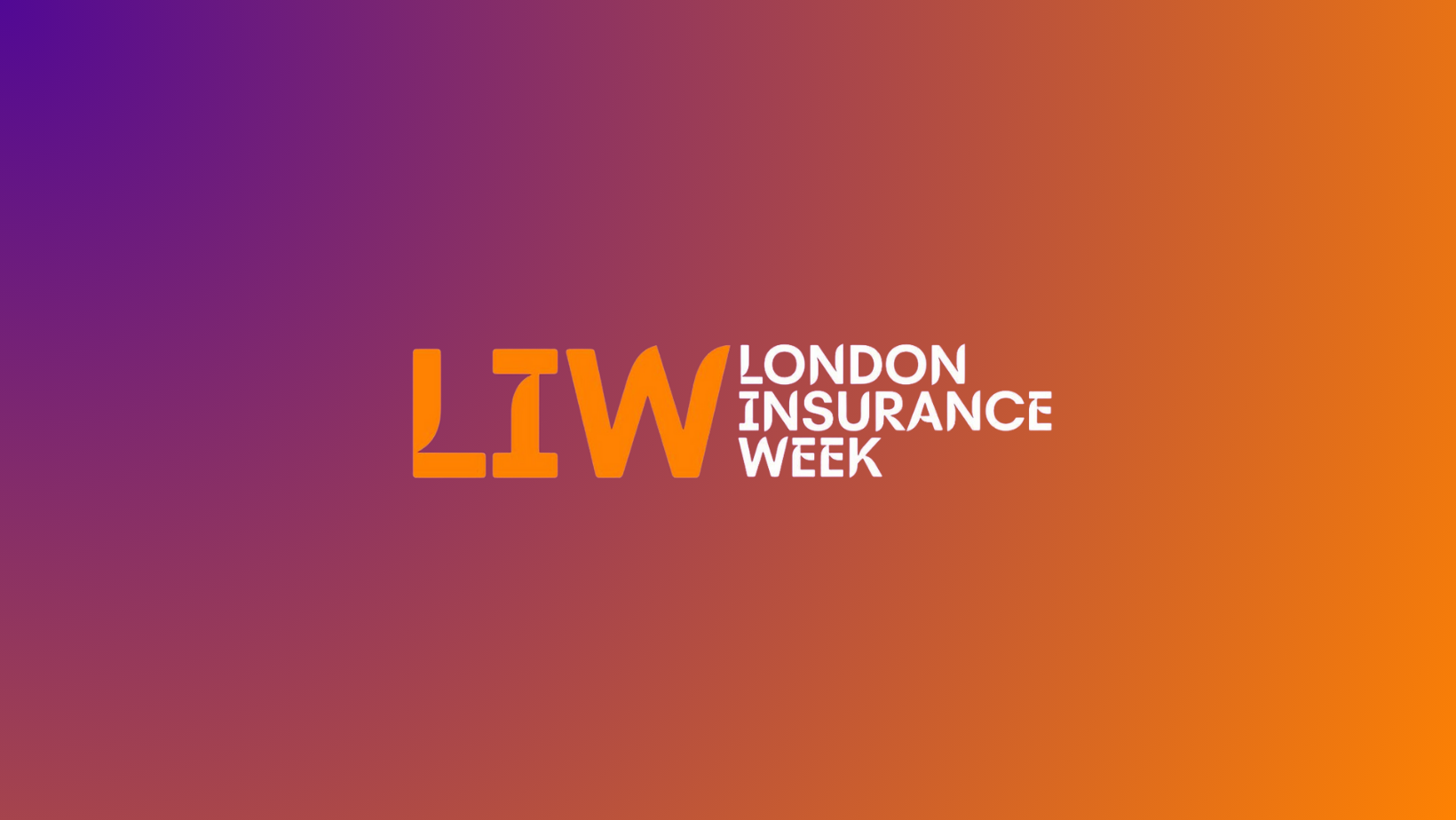THE AI TIME BOMB: How the UK is Forcing the Insurance Sector to Become the Architect of the Future to Underwrite the Uninsurable £47 Billion Tech Leap

The Quantum Quandary: A Secret Mandate to Break the Innovation Deadlock

The promise of a technological future has never been so dazzling or so dangerous. The UK is betting its entire economic future on being an AI superpower, with projections of a stunning £47 billion in annual productivity gains driven by Artificial Intelligence:AI alone. This is the new gold rush: a mandate to transform the nation from an "AI taker" to a definitive "AI maker".
Yet, a shadow looms over this digital ambition: Unquantified Risk.
How do you insure a quantum computer when you have no actuarial tables for its failure? How do you define the "liability of a truly advanced, autonomous AI system" when it operates outside human control? The very nature of this high-risk, high-reward technology is “new, often unquantified” , creating a massive, terrifying psychological and financial barrier. Businesses, fearing they might be “risking everything”, are paralyzed, and innovation stalls.
The UK's Modern Industrial Strategy (MIS) has not just acknowledged this deadlock; it has issued a radical, mind-blowing mandate: the Insurance Sector must step forward to become the Architect of the Future, not just its repairman. To underwrite the uninsurable, the industry must fundamentally “innovate itself”.
The Actuarial Abyss: Why the Old Rules Are Broken
For three centuries, the insurance industry has functioned on a simple, comforting principle: Past Data is Prologue. Risk was quantifiable because it was predictable, based on vast pools of historical data how often ships sank, how many houses burned, how frequently people became ill. Actuaries could simply “pull out the old actuarial tables” and price the risk.
The technological revolution has plunged this entire model into an Actuarial Abyss.
The frontier industries prioritized by the MIS Quantum Technologies, Advanced Connectivity, and advanced AI are defined by Novel Risk . These are technologies where failure is unprecedented and consequences are potentially catastrophic.
- The AI Liability Nightmare: When an autonomous, self-learning AI system makes an error in a factory or a driverless vehicle causes an accident, where does the liability reside? Is it with the programmer, the data provider, the manufacturer, or the AI itself?. The legal and financial uncertainty is a crippling deterrent to investment.
- The Cyber-Physical Threat: Modern Advanced Manufacturing relies on complex, interconnected Cyber-Physical Systems . A cyber attack on a factory can instantly shift from a data breach to physical destruction. No pre-existing policy can adequately cover this converged, massive-scale risk .
- The New Energy Mega-Bets: Projects in Fusion Energy or advanced Small Modular Reactors (SMRs) are high-risk, high-reward mega-bets. The sheer cost and unknown variables create a financial risk profile that the government can only partially Blended Finance the rest must be covered by the Innovation Firewall of the insurance market.
The result is what the strategy calls a “major barrier” . Businesses, especially the high-potential firms that need to scale up , refuse to take the “daring leaps forward” because the financial downside means "risking everything".
The Core Mandate: The Insurance Industry’s Forced Evolution
The government’s solution is not to create a new state-run insurance body; it is to force the existing, powerful private sector to “evolve”. This is the revolutionary part of the Enduring Partnership : it is not a one-way street of government support, but a mutual commitment that “pushes the industry itself to evolve” .
The MIS demands a rapid Innovation Turnaround . The insurance sector must discard its old tables and develop entirely “new risk models, new types of policies” specifically engineered for the future..
The Four Pillars of the Innovation Firewall:
- New Liability Models for AI: The industry must move beyond traditional fault-based liability and create entirely new frameworks for AI Liability . This means developing insurance products that can assess the "black box" risk of non-deterministic, self-learning systems. This will require working with the new Sovereign AI Unit to establish risk parameters where none currently exist.
- Cyber-Physical Security Products: The industry must pioneer a new class of policy for Cyber-Physical Systems. These policies must cover the systemic, cascading risks of a hack that leads to physical damage, providing a coherent financial safety net for the supply chains of Advanced Manufacturing .
- Future Energy Underwriting: To support the UK's ambition of being a Clean Energy Superpower , insurers must create bespoke, multi-decade products for technologies like Hydrogen and Carbon Capture Usage and Storage (CCUS) . These products are vital to de-risk the upfront capital expenditure of massive long-term projects.
Data and IP Insurance: As the strategy emphasizes
"Capitalising on the value of data" , the insurance sector must innovate to cover the vast,
unrealised growth assets of data and intellectual property (IP). This means developing new ways to insure the commercial value of digitised content and health data, facilitating the launch of initiatives like the
Creative Content Exchange (CCE).
The Strategic Consequence: Underwriting Confidence and Growth
The core purpose of this enforced evolution is a complete flip in the role of the insurance sector. It moves from being an economic follower to an economic driver.
By creating the Innovation Firewall the capacity to cover the risks of the previously uninsurable industry dramatically reduces the "hesitation" of businesses . This allows for the "adoption of new technologies" at a pace and scale that will secure the projected £47 billion in productivity gains.
The Geopolitical Shockwave: This mandate is about more than just economics; it is about Geopolitical Positioning. By being the first nation to successfully underwrite the complex risks of the AI and Quantum revolutions, the UK establishes itself as a global leader in risk governance and standards . It grants the country "greater national agency", ensuring that the UK becomes the "best place in the world to invest in AI".
The insurance sector is, therefore, not just selling policies; it is selling confidence. It is providing the "essential comfort" and the financial “bedrock of security” that businesses need to look beyond the immediate shockwaves of the volatile world and engage in the long-term planning that truly drives national economic renewal.
The challenge is immense. The industry must transform itself while simultaneously “keeping pace” with the hyper-speed evolution of technology. But the prize to be the indispensable partner that ultimately underwrites the future of a global economic superpower is worth the monumental risk. The UK has handed the insurance sector the ultimate mandate: Underwrite the Future, or Risk the Stagnation of the Nation. The world is holding its breath.
Contact Information
LONDON INSURANCE WEEK
PR
Email: ellis@liw.global
Connect with us @LIWGLOBAL all Socials to continue the discussion
📅 Event: London Insurance Week 2026
🌐 More Info: https://www.liw.global/info
📌 Facebook :- https://www.facebook.com/LIWGLOBAL/
📌 Instagram :- https://www.instagram.com/liwglobal
📌 Twitter :- https://x.com/LIWGLOBAL
Event Information and Registration
Visit:
www.liw.global/tickets












